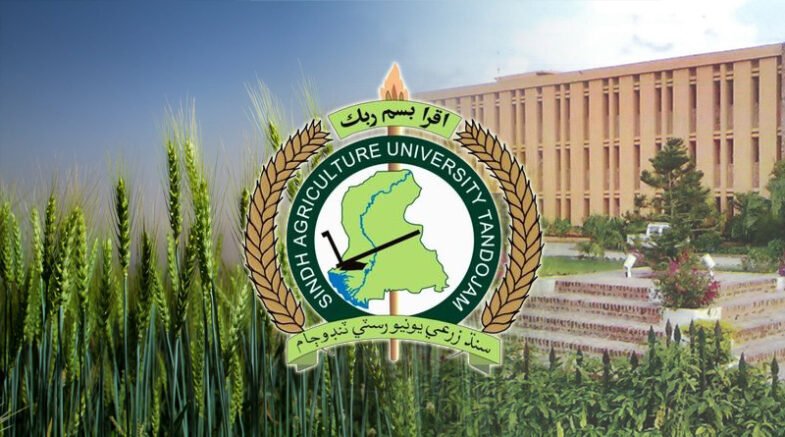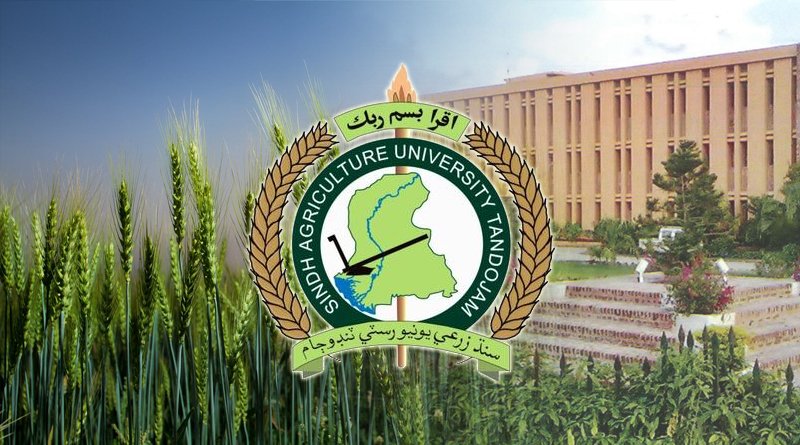The 300 wheat commodities are being expanded while new varieties are being researched by the agricultural scientists at Sindh Agriculture University (SAU).

The 300 wheat commodities are being expanded while new varieties are being researched by the agricultural scientists at Sindh Agriculture University (SAU).
The university’s spokesman reported on Monday that vice chancellor Dr. Fateh Marri expressed optimism for the success of the project, which is being led by renowned agricultural scientist Karam Khan Kaleri.
The vice chancellor was informed by Karam Khan Kaleri that while complaints of rust have been made about various wheat varieties, this research will result in rust-free varieties. According to the vice chancellor, the research will result in the creation of high-yielding wheat varieties, which will undoubtedly satisfy farmer demand for certified seeds.
The university has planted 300 different wheat varieties for expansion and the development of new varieties under the direction of Karam Khan Kaleri in order to ensure the availability of certified wheat seeds for the farmers of Sindh.
This research process is being conducted in the university’s experimental field. The Vice Chancellor also went to the university’s Latif Farm experimental field, where he was given information on more than 25,000 different commodity lines of wheat.
The best varieties of wheat can be prepared through research work in accordance with the climate of the province by crossing hundreds of domestic and foreign wheat commodities.
Dr. Mujahid Hussain Laghari, Chairman of the High Power Farms Committee, Dr. Zahoor Hussain Soomro, Chairman of the Seed Production and Development Center, Dr. Shahnawaz Marri, and Jakhro Mumtaz Ahmed were also in attendance.
The Higher Education Commission has placed Sindh Agriculture University as Pakistan’s third-best agricultural university.
A total of about 760 acres, including 200 acres of orchard, make up the Faculty, Malir and Latif Experimental Farms of the university, where field research is conducted. These farms offer facilities and an experimental area for research by individual staff members, students, and agency-funded projects.
